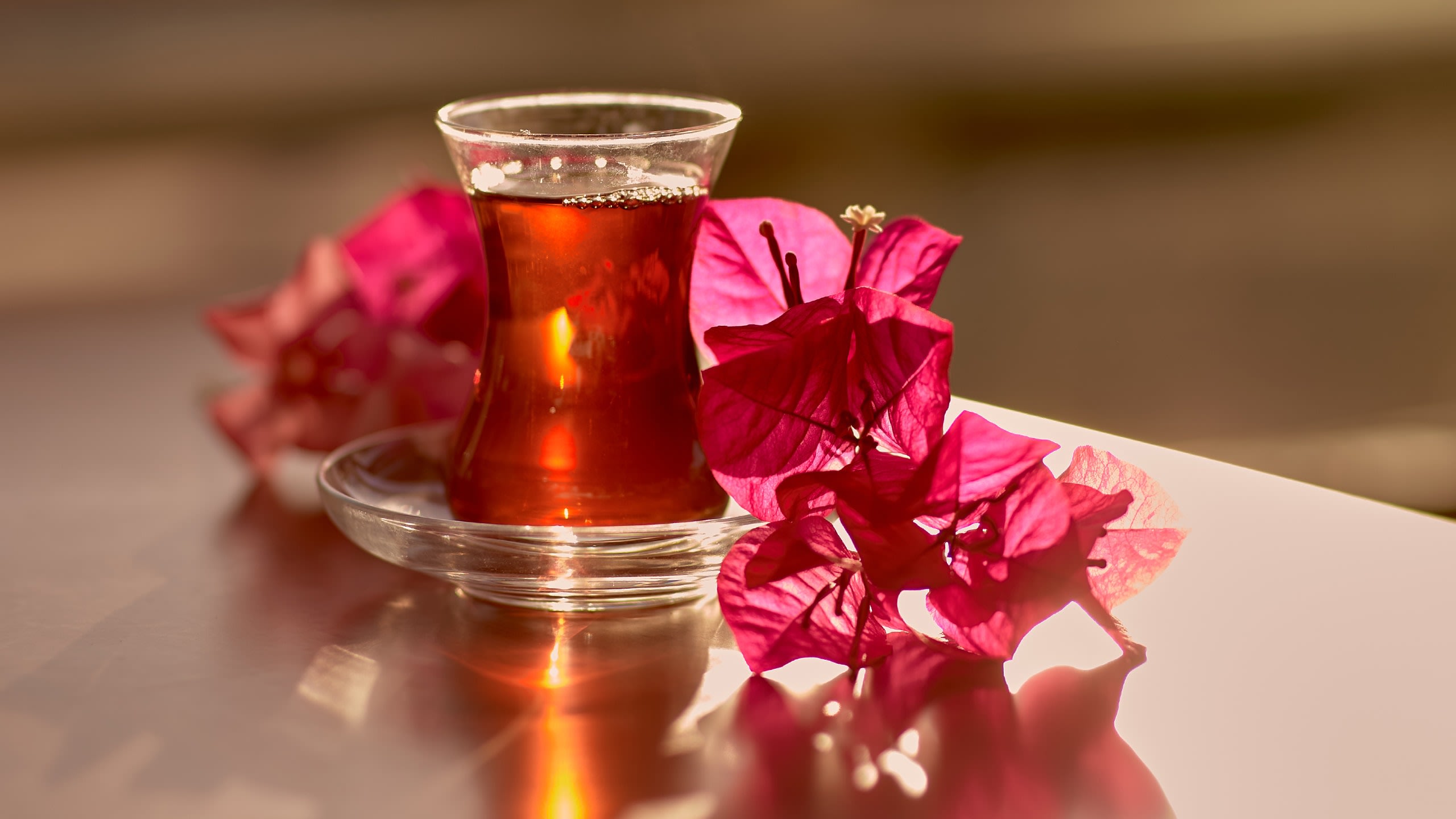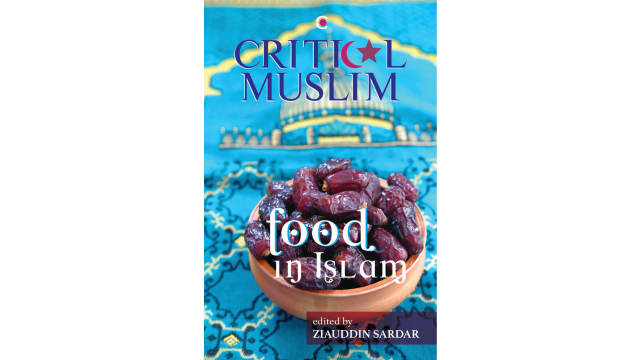Q&A with Nevin Halici

Nevin Halici is credited with bringing a vast repertoire of Turkish regional and culinary traditions to the world through her cookbooks. She has the honor of being the first person in Turkey to earn a doctorate in the culinary arts from Gazi University and is the first Turkish cookbook author to be translated into English.
Nevin Halici’s Turkish Cookbook, Food Culture of Konya & Meals from Konya, and Sufi Cuisine include popular and rare recipes, touching upon the food history and culture of Turkey, from the cuisines of the royal Caliphate of the Ottoman Empire to sacred food, especially the Mevlavi order of Sufis.
Halici is from Konya, a city in central Anatolia that was once home to Mevlana Jalal al Din Rumi, possibly the world’s most famous Sufi, and the founder of the Mevlavi sect of whirling dervishes. Through beautiful miniature art, Rumi’s verses, and delicious recipes, Sufi Cuisine examines how Turkish cuisine is closely associated with wellbeing through Sufi culture and Islamic mysticism.
Halici quotes Rumi to illustrate how his verses on life, love, and death often used culinary metaphors:
That unparalleled beauty has taken possession of my heart’s kitchen with all its title deeds; and is smashing my pots, pans, plates, platters to pieces.
According to Halici, Sufi cuisine is characterized by the use of simple, whole ingredients with an emphasis on flavor and presentation. For the 13th century Mevlevi order, food was sacred, cooking was a form of prayer, and eating was a blessed activity. The first step to becoming a Sufi was to be initiated in the kitchen.
Roundglass Food: What wellness wisdom does Sufi cuisine espouse?
Nevin Halici: Nutrition is important in Sufi cuisine because of the belief that worship is possible in terms of wellness. The Sufis believe that there are two kinds of nutrition: nutrition for life on earth and nutrition for the heavenly world.
For our daily life on earth, the Sufis recommend that we must eat less or in moderation. Nutrition for the heavenly world is for gifted persons who worship God. For holistic wellbeing, food must be of good quality. Mevlana Jalal al Din Rumi used different symbols to reach God, and food was one of them.
RG: What special cookware or flatware is associated with Sufi cuisine?
NH: The kashkul bowl is introduced to young dervishes as a part of their training. It is made of coconut shell or metal. It is assumed by Sufis that begging is a way of breaking the ego or the self during their training. Travelling dervishes use the money collected in the kashkul for food.
RG: Could we say that the kitchen was a doorway to mindfulness for Sufis?
NH: Yes. Sufis believed that the kitchen was a blessed place for making food since Rumi’s era in the 13th century. The kitchen held the “soul” in Sufism. The heart of the Mevlevi lodges was the kitchen, where Sufis would gather. Special regulations governed cooking and eating in these places. Offering prayers of gratitude and table etiquette were followed.
During Mevlana’s [Rumi’s] time, a chef’s profession carried high status. Ates-baz Veli (“he who plays with fire”) is probably the world’s first chef to have had a memorial tomb built in his honor in Meram, Konya. He was Rumi’s chef with a healing touch and spiritual outlook.
RG: Is there a dish or ingredient that the Sufis associated with wellbeing?
NH: The dergah kitchens or sanctified kitchens in mosques were places where special foods were cooked for ceremonies and occasions. One such is ashura, which merited special mention in Rumi’s writings. In Islam, Ashura is a period of mourning. The blessed dish, also called ashura, is shared with members of the community as a sign of sharing grief during the special month of Muharrem. Ashura is made with chickpeas, beans, bulgur, rice, dried grapes, figs, dried apricot, walnuts, and sweeteners. Some people add as many as 40 ingredients to make this a healing and hearty dish.
RG: What is a festive activity around food that you remember or enjoy?
NH: At the beginning of Regaip, the three holy months leading to Ramadan, children go around collecting cookies from neighbors in Turkey. I remember asking for cookies from my neighbors when I was around 10 years old. This custom is still valid, and I have fond memories of it.
RG: Do you have a favorite ingredient or food?
NH: Yogurt is an absolute favorite of mine. You can use yogurt with many different dishes such as soups, salads, desserts. It is eaten in breakfast with jam or honey on it in Turkish cuisine. We make ayran, a cooling and nutritious drink, by adding water to yogurt.

RG: What’s a tea or drink that you associate with wellbeing and healing?
NH: Black tea is my best friend. To soothe my stomach, I boil lemon and mint in water to make a hot drink. After having my breakfast, I prefer to drink a cup of Turkish coffee always.
RG: How would you tell us to forge a connection with the Earth through cooking?
NH: The kitchen, our food, and eating habits are also a function of geography. It is important to achieve the delicate balance between discerning taste and nutrition. Turkey is a lucky country. We have four seasons. I enjoy autumn, as you find all kind of vegetables and fruits.
RG: Your book Sufi Cuisine talks about how the ancient concept of langar, or a community kitchen for feeding, originated in Persia. How can food be a way to open your heart?
NH: My main approach to food is also sharing. I especially enjoy lunch with my close friends. Happiness is being together with close friends around a fine table.
RG: How do you practice being kind to yourself with food?
NH: After I crossed 70 years of age, I began to eat two meals. I prefer light foods. I find fasting is good from time to time to detox yourself. Eating mindfully is a form of kindness.
Key Takeaways
- Halici shares healing attributes of food in Sufism.
- Find the delicate balance between taste and nutrition.
- Sufism emphasizes mindful eating practices.




